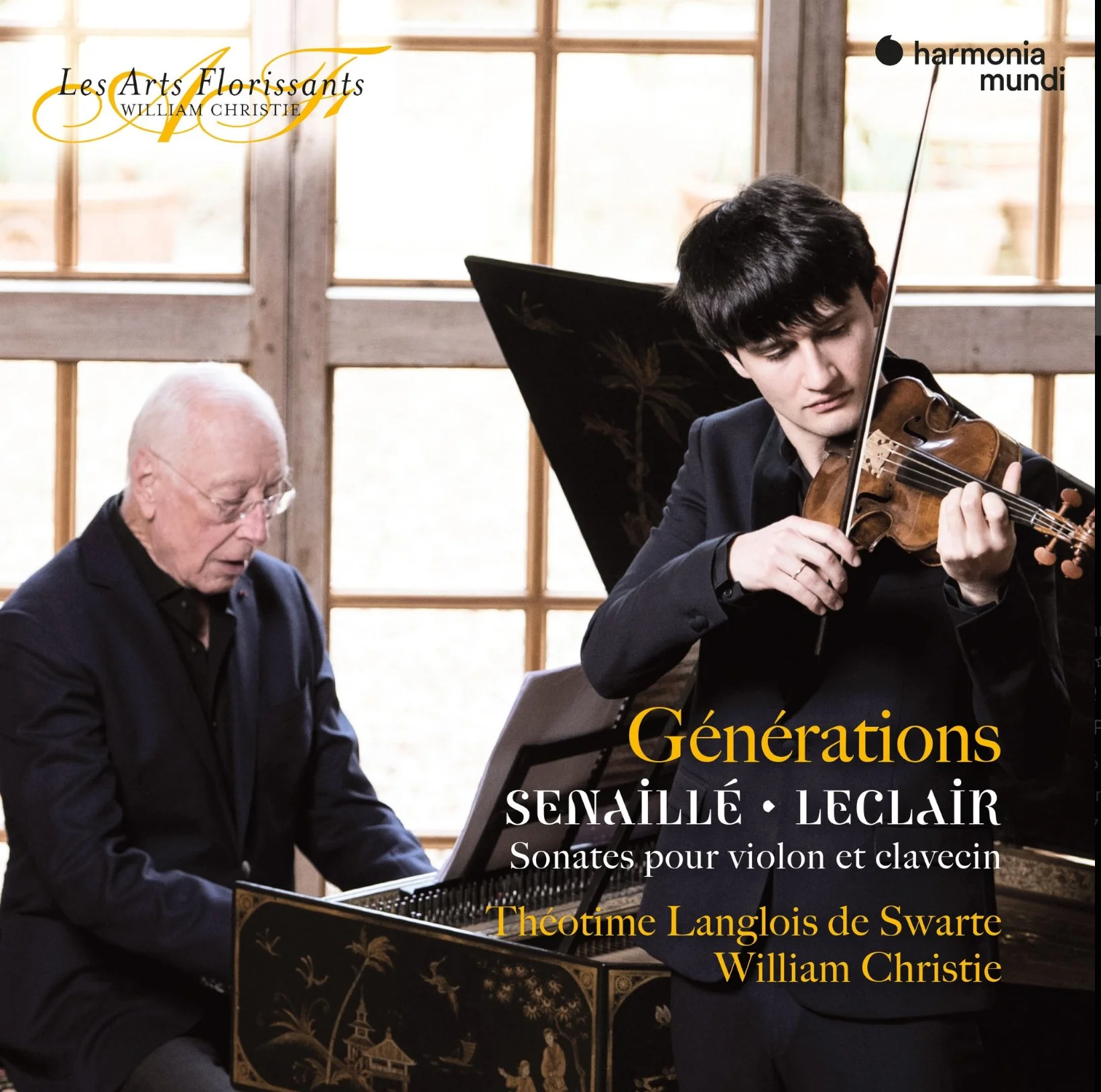Mr. Bennett's Mind
As a jazz enthusiast with a soft spot for cinematic influences in music, I approached the latest album from the Daniel Bennett Group with a mix of curiosity and high expectations. Known for their melodic creativity, the group’s newest endeavor draws parallels to the saxophone-drenched soundtrack of Sideways, a film that has charmed me repeatedly. The relaxed style of the ensemble, especially the alto saxophone led by Daniel Bennett, evokes a similar sense of journey and exploration found in that movie.
I know a review outside the realm of early music is not typical for me, but the truth is, I admire the similarities in historical baroque performance with the jazz idiom.
The album shines in its clarity of sound, with each instrument, from Bennett's saxophone and flute to Jason Yeager's piano, rendered in impressive detail. The exception might be the drums, which, in my opinion, could fade a bit further back to let the melody instruments and bass take center stage. While Roon software’s analysis grades the album’s dynamic range modestly at a '4', the clarity compensates significantly.
Most tracks are concise, akin to the length of pop songs, which could be seen as both a merit and a shortcoming. The structure is somewhat traditional with a jazz flair, presenting a thematic "ritornello" followed by individual improvisations. However, these improvisations feel curtailed; the pieces have potential that begs to be more fully realized beyond their brief spans. Both Kevin Hailey on bass and Jason Yeager on piano deliver standout performances, demonstrating a command of their instruments that often surpasses the composition itself.
Daniel Bennett's refusal to box his music into a definitive genre is both intriguing and frustrating. His compositions meander through various moods and styles, largely eschewing clichés and embracing a broad palette of musical colors and unexpected melodic turns. This approach yields a diverse, if somewhat elusive, sonic experience. The track "The County Clerk" exemplifies this, with a compelling melodic line that bookends a less engaging development.
Songs like "Talk to Your Panda" and "Variations on a Floating T" encapsulate the album's strengths and weaknesses. They start with promising themes that evolve but sometimes lack the dynamic contrasts or emotional depth that could elevate the music from pleasant to profound. "Jupiter", a reimagining of Holst’s composition, while charming, feels underexplored, particularly in its brief rendition.
Overall, this album is a collection of musical sketches that hint at greater possibilities. The musicianship is beyond reproach, but the compositions sometimes fail to fully harness the ensemble's potential. This is not an album that grabs you by the collar but rather one that invites you into its world gently, urging a contemplative appreciation. While it might not become a favorite in my collection, it’s certainly a worthy listen, especially for those who appreciate jazz that floats comfortably above the realm of easy listening without demanding too much of its audience. As wine, it’s far from being plonk, but me thinks adding a bit of carbonation would elevate its roots into something you’d be shortsighted not to try.





